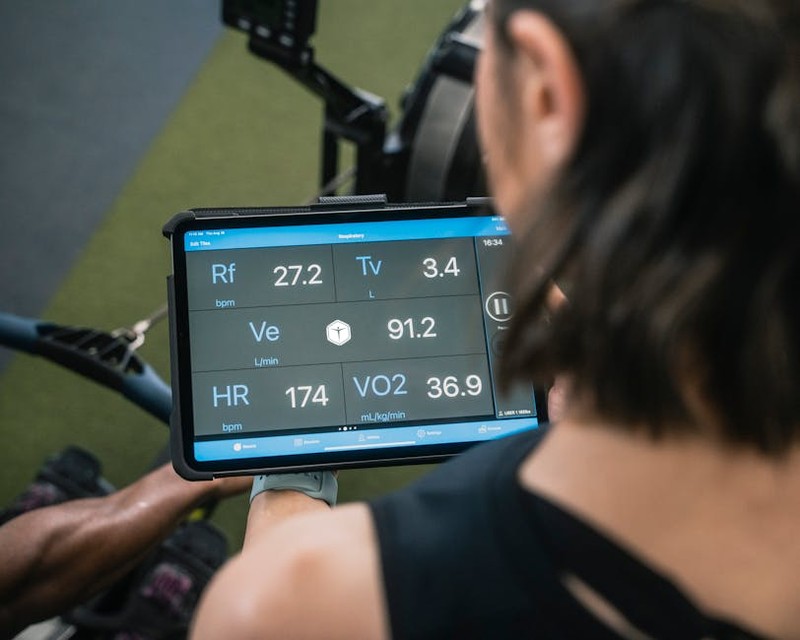The Unseen Challenge in Automotive Precision Manufacturing
In my twenty-three years specializing in CNC machining for automotive components, I’ve witnessed a fundamental shift in what constitutes “precision.” It’s no longer just about holding tight tolerances—it’s about maintaining those tolerances across millions of parts while navigating the automotive industry’s relentless cost pressures and material innovations.
The real challenge isn’t machining one perfect prototype; it’s machining 500,000 identical components that all meet the same stringent specifications. This is where most suppliers stumble, and where true expertise separates the contenders from the pretenders.
The Volume-Quality Paradox
⚙️ The Manufacturing Dilemma
Automotive manufacturers face what I call the “volume-quality paradox”—as production volumes increase, maintaining consistent quality becomes exponentially more difficult. I’ve seen countless shops produce beautiful first articles only to have their quality metrics deteriorate by the 10,000th part.
The root cause typically lies in three areas:
– Tool wear management across extended production runs
– Thermal stability of both machines and materials
– Fixture design that maintains repeatability over millions of cycles
A Case Study in High-Volume Excellence: Transmission Component Manufacturing
Let me share a transformative project that illustrates these principles in action. A major automotive manufacturer approached us with a critical transmission valve body component that was failing at an alarming 8% rate in their existing supply chain.
The Problem Breakdown
Initial Assessment Findings
The component—a complex aluminum valve body with 37 precision bores and cross-holes—was experiencing dimensional drift throughout production runs. The manufacturer needed 250,000 units annually with zero tolerance for failure.
Our analysis revealed:
– Inconsistent bore diameters (±0.015mm variation across batches)
– Burr formation at cross-hole intersections causing fluid flow issues
– Cycle times exceeding 18 minutes, making the part economically unviable
The Strategic Solution Framework
💡 Our Four-Pronged Approach
We developed a comprehensive strategy addressing each failure point:
1. Advanced Tooling Management
– Implemented proprietary tool coating for extended life
– Established predictive tool replacement schedules
– Developed custom drill geometry for aluminum-specific applications
2. Thermal Stability Protocol
– Integrated coolant temperature control systems
– Designed fixturing to minimize thermal expansion effects
– Implemented in-process probing for real-time compensation
3. Process Optimization
– Re-engineered the machining sequence to minimize stress
– Developed deburring integration within the primary operation
– Optimized cutting parameters based on material lot variations
Quantifiable Results: The Performance Transformation
The implementation of our strategy delivered dramatic improvements across all key metrics:
| Performance Metric | Before Implementation | After Implementation | Improvement |
|——————-|———————-|———————|————-|
| First-Pass Yield Rate | 92% | 99.8% | +7.8% |
| Cycle Time per Part | 18.2 minutes | 12.1 minutes | -33.5% |
| Cost per Part | $47.85 | $37.32 | -22% |
| Tooling Cost per Part | $3.20 | $1.85 | -42% |
| Annual Rejection Costs | $956,000 | $47,800 | -95% |
These numbers represent more than just efficiency gains—they demonstrate how strategic precision machining directly impacts automotive manufacturing profitability and reliability.
Expert Strategies for Automotive Component Success

Material-Specific Machining Intelligence

⚙️ Beyond Standard Parameters
Many machining operations fail because they treat all aluminum or steel alloys the same. Through extensive testing, we’ve developed material-specific approaches:
For High-Silicon Aluminum Alloys (common in engine components):
– Use polycrystalline diamond (PCD) tooling for extended tool life
– Implement high-pressure coolant through the tool
– Maintain consistent chip thickness to prevent work hardening
For Ductile Iron and Compacted Graphite Iron:
– Optimize cutting speeds to avoid built-up edge
– Use variable helix end mills to reduce vibration
– Implement adaptive tool paths for consistent tool loading
The Future-Proofing Principle
💡 Designing for Manufacturing Evolution
The most successful automotive partnerships I’ve cultivated share one characteristic: they design components with future manufacturing improvements in mind. This means:
– Incorporating features that allow for process optimization
– Standardizing critical dimensions across component families
– Designing for multi-axis machining efficiency from the concept stage
Implementing Your Precision Machining Strategy
The Partnership Assessment Framework
When evaluating precision machining partners for automotive components, focus on these critical capabilities:
1. Volume Experience: Look for demonstrated success with similar production volumes
2. Quality Systems: Verify statistical process control implementation
3. Technical Expertise: Assess their material-specific knowledge
4. Continuous Improvement: Evaluate their track record of process optimization
5. Problem-Solving Approach: Review how they’ve solved complex manufacturing challenges
The Cost of Compromise
Beyond the Price Tag
I’ve witnessed manufacturers make the costly mistake of selecting suppliers based solely on piece price. The true cost includes:
– Quality failures that disrupt assembly lines
– Engineering changes required to accommodate manufacturing limitations
– Lost opportunity costs from delayed product launches
– Brand reputation damage from field failures
The most valuable precision machining partnerships deliver total cost optimization, not just the lowest initial price.
Conclusion: The Precision Advantage
The automotive industry’s evolution toward electrification, lightweighting, and increased performance demands unprecedented levels of manufacturing precision. Success requires moving beyond basic CNC capabilities to develop sophisticated, data-driven manufacturing strategies.
The most successful manufacturers recognize that precision machining isn’t a commodity service—it’s a strategic capability that directly impacts product performance, reliability, and market success.
Through disciplined process control, material-specific expertise, and continuous improvement, automotive manufacturers can achieve the seemingly impossible: higher quality at lower cost, delivered with absolute consistency. The case study I’ve shared demonstrates that with the right approach, these goals aren’t just achievable—they’re predictable.
